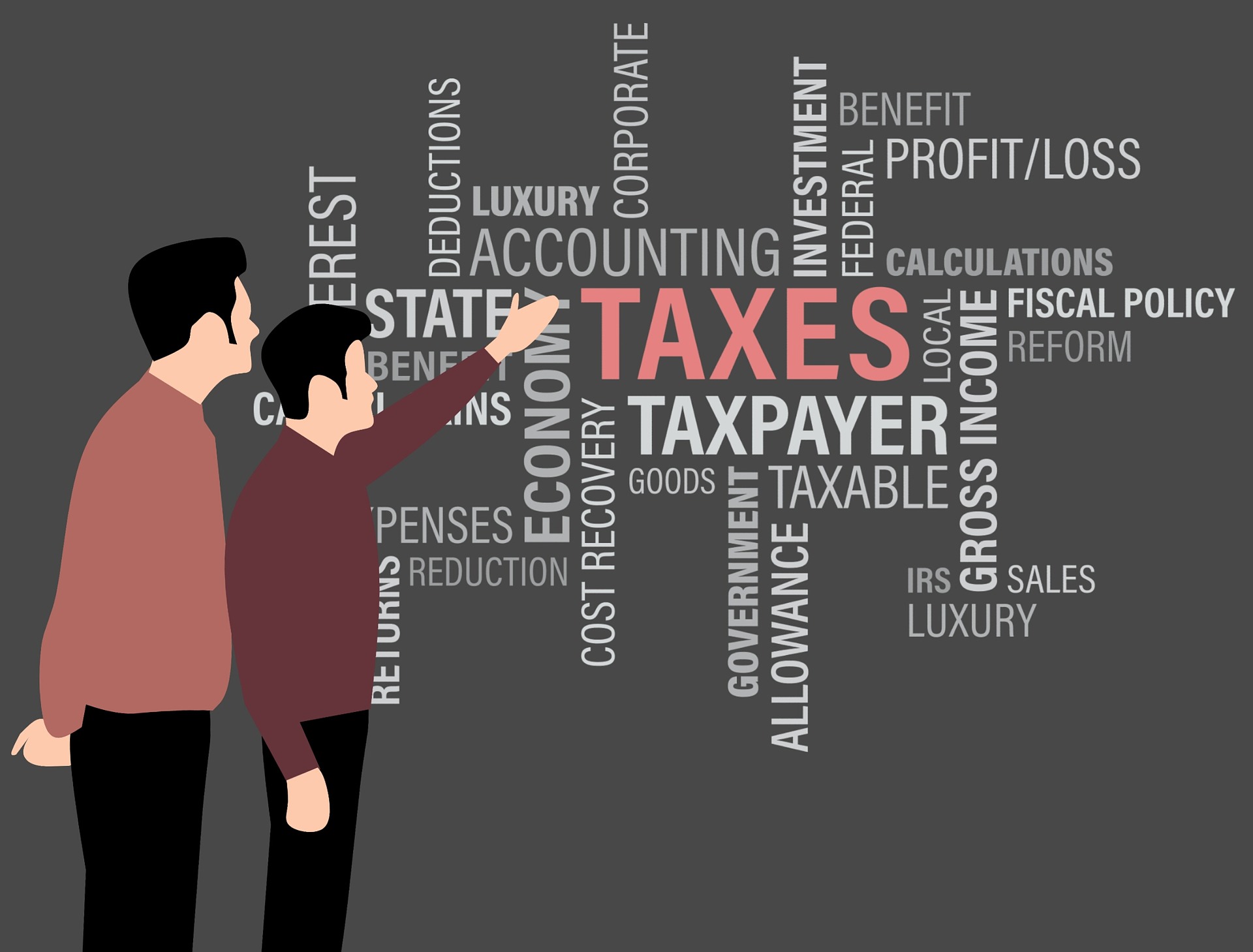Pirates are often depicted as swashbuckling rogues that ruled the high seas with violence. While that is true in part, there were also pirate codes drawn up among various infamous pirates to give each person on the crew a clear idea of how goods would be fairly divided, and how each member should conduct themselves while on the job. Black Bart famously wrote that each pirate on his vessels “shall have an equal vote in affairs of moment… he shall have an equal title to the fresh provisions or strong liquors at any time seized.” Bart also threatened to maroon any pirate that stole from another pirate in his employ, so yes, there was some irony there.

You know who else has a code of conduct? Canada Revenue Agency (CRA) – and it’s designed to protect you and offer recourse should your rights be violated.
At a time when it’s hard to reach an agent on the phone despite more questions than ever this tax season due to COVID-19 benefits complications, you may be feeling lost and frustrated while working on your taxes. However, the agency is making every effort to ensure you get the help you need and your questions answered. Further to this, CRA has it’s own code called the Taxpayer Bill of Rights to which they hold themselves accountable. If they do not uphold their end of this code, the taxpayer has recourse.
What is in the Taxpayer Bill of Rights?
The Taxpayer Bill of Rights is available as an HTML webpage, PDF, digital audio, electronic text, Braille document, and in large print. There are several articles that describe your rights to:
- Receive the entitlements due to you and to pay no more or less than your share
- To be served in either official language
- To have your information kept confidential
- To review and appeal CRA decisions
- To be treated with respect and fairness
- To get accurate information in a timely manner
- To not pay tax amounts in dispute before an impartial review has taken place
- To have the law applied to you consistently
- To lodge a formal complaint
- To have your cost of compliance considered when necessitated by the circumstances
- To expect accountability from CRA
- To have relief from tax law penalties and fees under extraordinary circumstances
- To warn the public about tax scams
- And more
What is the Recourse for Taxpayers?
The Ombudsman position was created specifically to enforce the Taxpayer Bill of Rights. The Ombudsman deals with complaints, steps in if you feel like your CRA agent or auditor is hostile or not looking at your evidence, helps you understand CRA’s requests, etc. Visit https://www.canada.ca/en/taxpayers-ombudsperson.html to learn the full duties of the Ombudsman and how to get in contact with their office.

Your CPA Accounting Firm is here to Help
Tax law can be complicated and this year, more so than ever. It’s easy to get frustrated or lost when dealing with your taxes. Whether you are an individual or business, your professional accounting firm is here to help, easy to reach, and ready to assist clients with this, and future tax filings.










